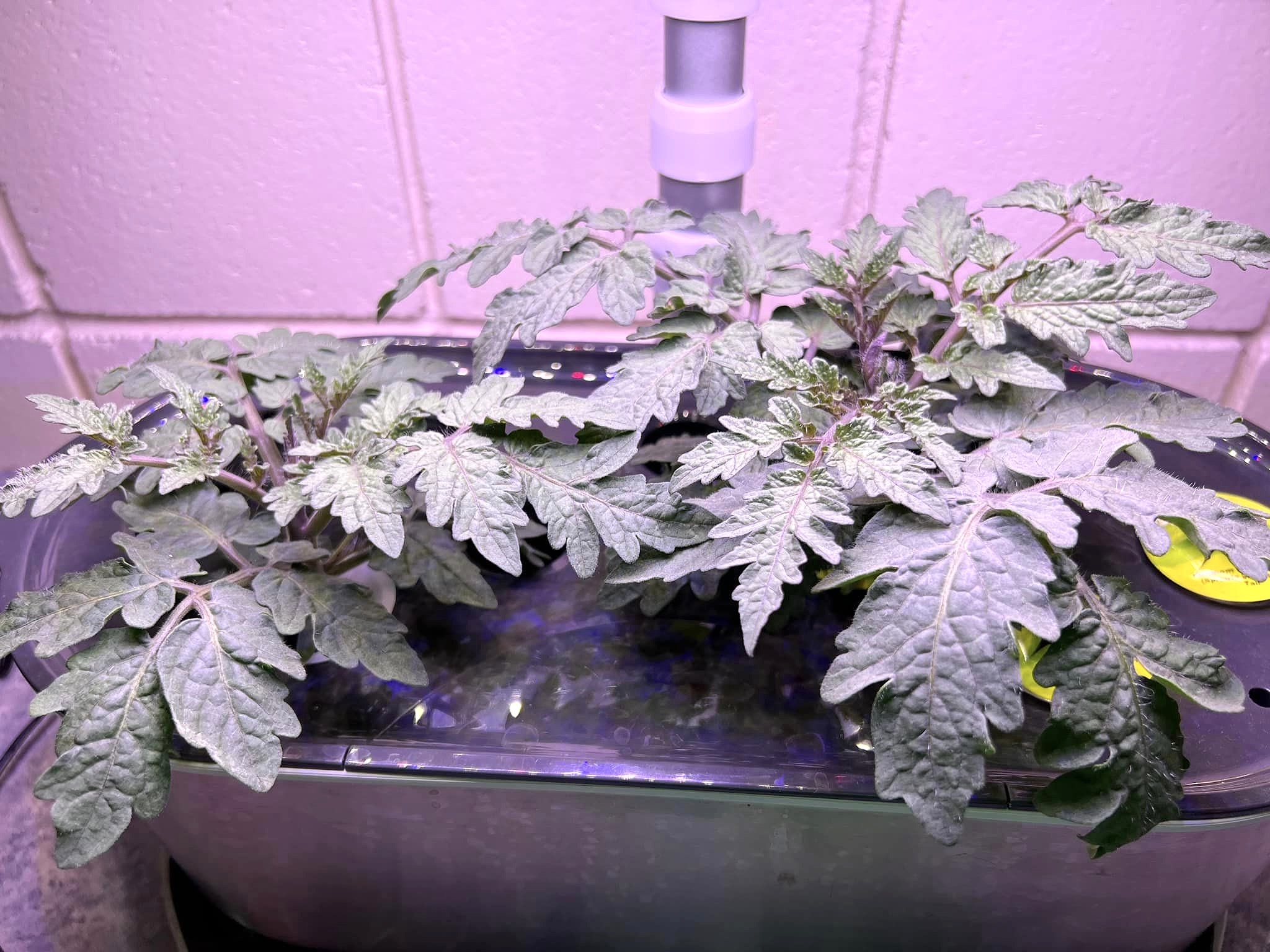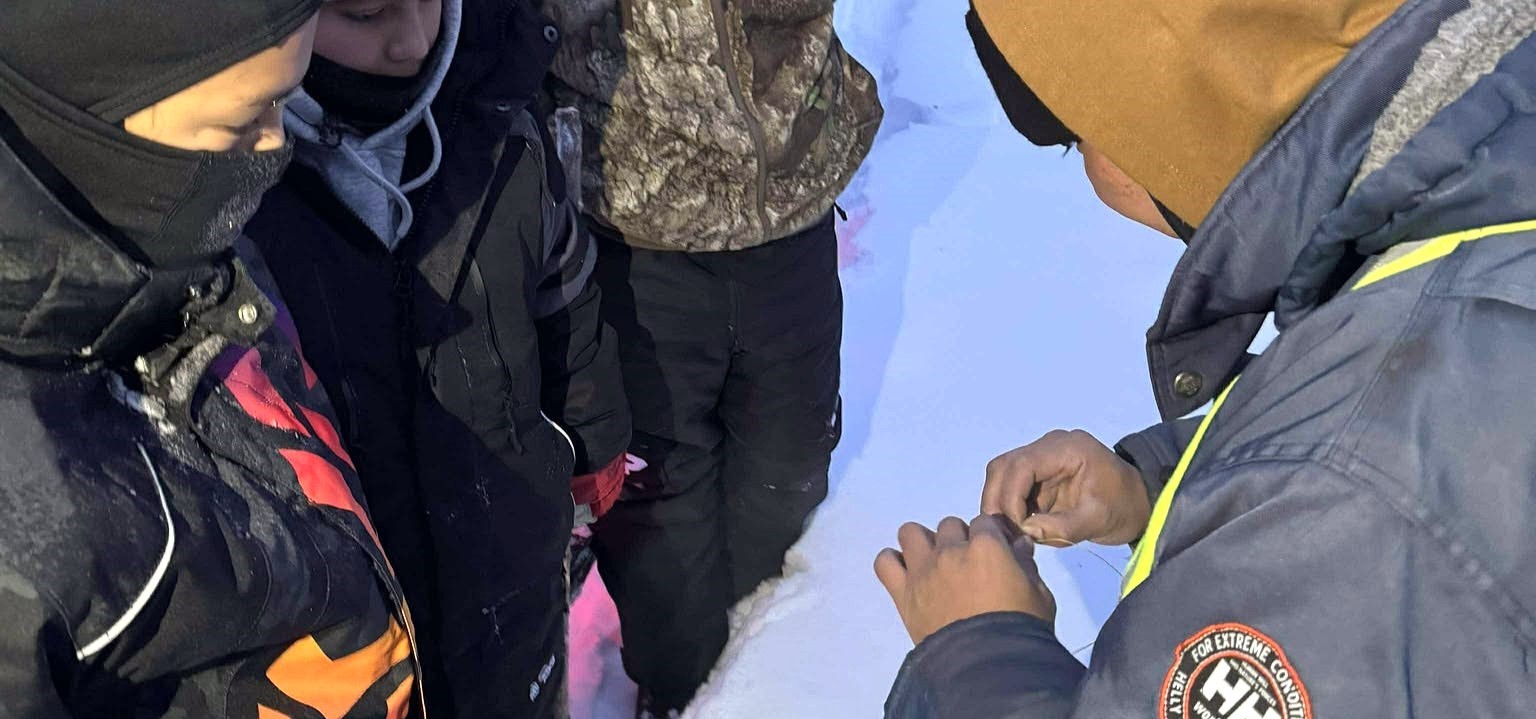I am a Winnipeg resident who went to Toronto to pursue a Master’s in Public Health. However, home is where the heart is and when I had the chance to pursue my last practicum placement in Winnipeg I pounced on the opportunity. I specifically sought out Food Matters because I had an interest in tackling problems within the food system with upstream approaches. As a non-profit that seeks to advocate on food systems issues and supporting the community in unique ways – it seemed like the perfect fit.
And it was! I am so thankful to have been part of the small but dedicated, hardworking and supportive team that is Food Matters. I learned something new every day working with each member of the team.
I spent most of my time at Food Matters working on Food Insecurity materials. The first week I got to experience the behind the scenes for the three short videos on Food Insecurity in Manitoba, aptly named “Food Insecurity: experiences. causes. solutions.”. Hearing unfiltered and unedited lived in perspectives on food insecurity is humbling. It shows the significance of the current work that Food Matters is doing and what direction to take my work in my future career.
Collaborating and being a co-lead on this project was a challenging experience. Condensing all the information that I wanted to say and educate people on food insecurity in our community is a skill that any community agency or educator is honing over time. The written materials to accompany the videos were a challenge in that sense. The volume of research and data trends available clearly state the prevalence of food insecurity in our community.
Here is the rundown: Currently, 1 in 7 people in Manitoba are food insecure. Being food insecure isn’t a result of low food literacy. Instead, its directly correlated with having limited resources to pay for basic needs – i.e. having no money left over to buy adequate and healthy food. Because of this correlation to income, a well-rounded poverty reduction strategy is the way to go to eliminate household food insecurity. An upstream approach that has been increasing in popularity is to introduce a guaranteed basic income for Canada. To learn more about this and other ways to reduce poverty (and therefore food insecurity) take a look at the videos and related documents that have been developed which will be on the Food Matters website (shameless plug) in April.
There has been some promise for reducing food insecurity in the future. In 2017, the Winnipeg Food council was established to tackle food issues in our city. Last year, the government released a poverty reduction strategy that has household food insecurity as a measurement. With the people and a strategy to model after, concrete action needs to be taken now for us to succeed in eliminating food insecurity. Our goal with this project was to advocate and provide information for the action seekers.
Dear Reader, if there is one thing to take away from this post is this: take the time to learn about food insecurity in your local area. It is more common than you might think. What needs to change so everyone has equal access to food? Change can start with one person’s idea. Imagine what would happen if all of us came together and came up with solutions to help those who need it most. Cliché as this statement may be, the world would be a better place if people didn’t have to go to bed hungry.
I am proud to have worked with a group of people who aim to do just that.
~ Ann Marie







